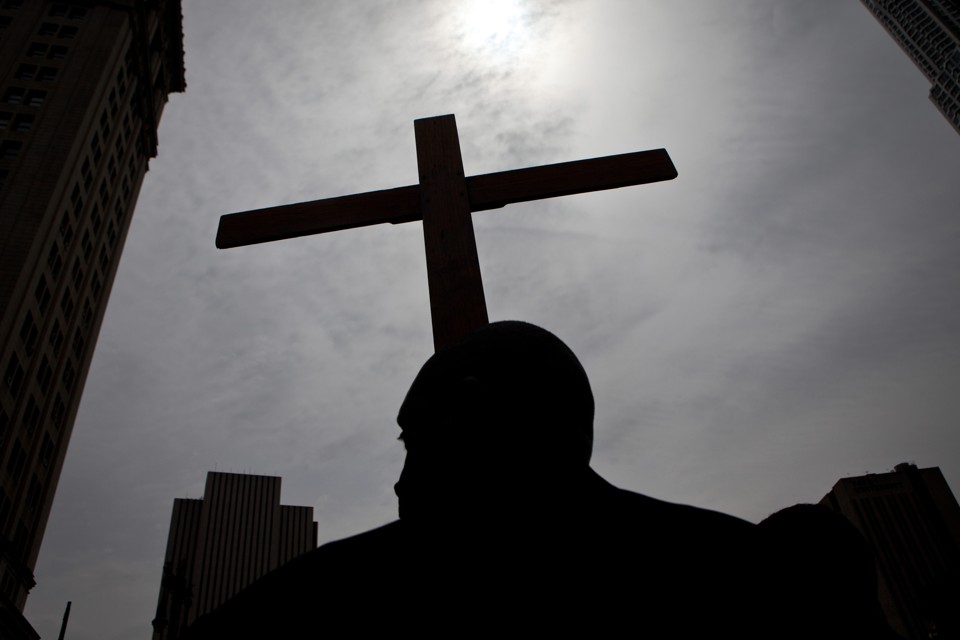
How the Church Helps Black Men Flourish in America
The structure it provides, along with the values it instills, strengthens employment prospects, family life, and more.
The Atlantic | 28 February 2016
[excerpts]
Liberals and conservatives have different explanations for the racial divide in the United States. Conservatives like Jason Riley argue that dysfunctional values and norms have helped create America’s racial disparities in crime, incarceration, and employment. Conversely, Ta-Nehisi Coates contends that unjust and racist structural forces—including poor job opportunities, unsafe neighborhoods, failing schools, and discriminatory housing and policing policies—have produced America’s racial disparities.
These don’t have to be mutually exclusive explanations. Our analyses of trends in work, crime, incarceration, and family indicate that both structural and cultural factors have shaped the differing life experiences of white and black men. ...
Churchgoing black men are significantly less likely to participate in what the sociologist Elijah Anderson has called the “code of the street”: an ethos marked by violence, criminal activity, a live-for-the-moment mentality, and a desire to protect oneself by projecting strength. This culture has emerged partly from the structural disadvantages black men face, including racism, concentrated poverty, police brutality, and fatherless households. Coates has written about the code in his reflections on his own life growing up in West Baltimore. Here, in a letter to his son:
The streets transform every ordinary day into a series of trick questions, and every incorrect answer risks a beat-down, a shooting, or a pregnancy. No one survives unscathed. When I was your age, fully one-third of my brain was concerned with whom I was walking to school with, our precise number, the manner of our walk, the number of times I smiled, whom or what I smiled at, who offered a pound and who did not—all of which is to say that I practiced the culture of the streets, a culture concerned chiefly with securing the body.
...
The comparative success that churchgoing black men enjoy, from employment to marriage, is partly attributable to the work the black church does to emphasize certain values. As one pastor, Revered Calvin Butts III of Abyssinian Baptist Church in Harlem, put it one Sunday:
...[Most civilizations] are destroyed from within. The outward manifestations of this inner decay have been threefold. Three things that you see outwardly. One is drunkenness. . . . [or] getting high. I don’t mean a sip here and there; I mean getting high all the time. [Another is] idleness. . . . And finally, immorality. This means that strong civilizations, those that are able to endure, and withstand attacks from without [have] sobriety, industry, and clean moral living.
Not surprisingly, most of the black pastors and churchgoers we spoke to believed the church’s commitment to strong norms and values within the black community complements its equally strong commitment to social justice. As Thabiti Anyabwile, the pastor of Anacostia River Church in Washington, D.C., put it:
The men and families facing their brokenness and the world's brokenness don't have the luxury of pretending life can neatly be chalked up to either ‘the man is trying to get me’ or ‘I need to pull myself up by my bootstraps.’ They understand that some bootstrapping is necessarily precisely because of injustices . . . People have to be strong enough personally to face the onslaught, but also have to have enough fair play and support to be strong enough. It's no surprise to me that both those needs get met in faithful Black churches with one eye on the souls of their members and one eye on the assaults of Caesar.


No comments:
Post a Comment